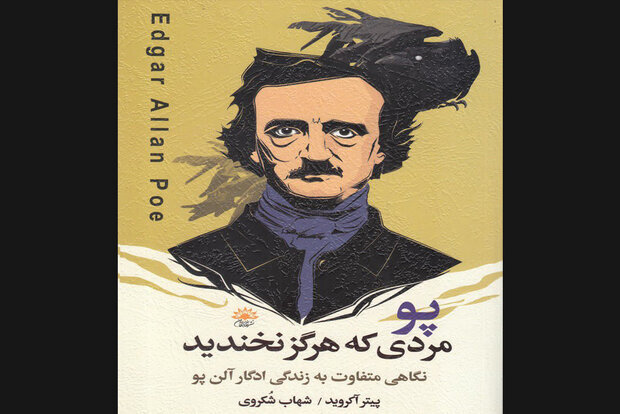
Of course, I am asking for a different book than the one Ackroyd has written.

Emerson, please! - but Emerson's name does not even appear. He notes in passing that Poe "disliked the culture of New England in general, and of Boston in particular he despised in equal measure Transcendentalism and Abolition."Ībolition is understandable, but transcendentalism? The mind scrabbles for more - Poe vs. He suggests strongly that Poe may have written the horror stories with tongue in cheek, but offers scant support. Given the role drink played in Poe's life or death, that's an idea worthy of explication.Īckroyd mentions Poe's debt to German romantic literature, but says little of what that entails. In an aside, he declares that heavy drinking and alcoholism are not the same thing.

Still, Ackroyd gives only glancing attention to a number of intriguing matters. His gothic sensibility - a fascination with sickly women, premature interment and a mingling of beauty, love and death - arose from the early losses of his mother and adoptive mother. Poe was a Southern gentleman, for example, much devoted to the institution of slavery. As Ackroyd notes, he can be credited with inventing the modern horror story, the modern detective story, and, possibly, the modern sci-fi story.Īckroyd gives us a rounded portrait, including items that may have eluded our English teachers. Today, Poe remains a cultural touchstone, while most of his contemporaries and rivals are justly forgotten. He was also a prescient, if often vicious, literary critic.

Yet he managed to write prodigiously, producing the short stories and poems for which he is chiefly remembered. Spending most of his adult life as a hack writer for one newspaper or magazine or another, Poe worked in Richmond, New York, Philadelphia, Boston and Baltimore, where he died in 1849 at age 40.


 0 kommentar(er)
0 kommentar(er)
